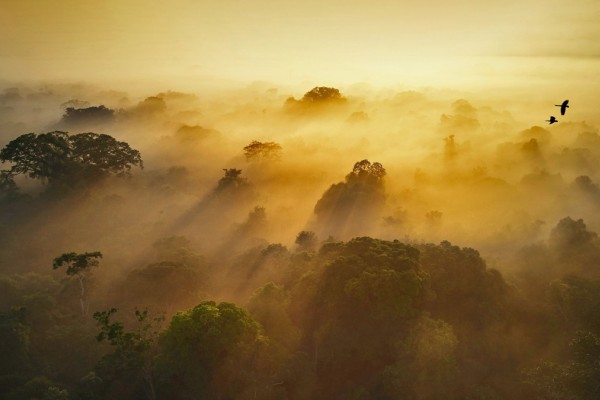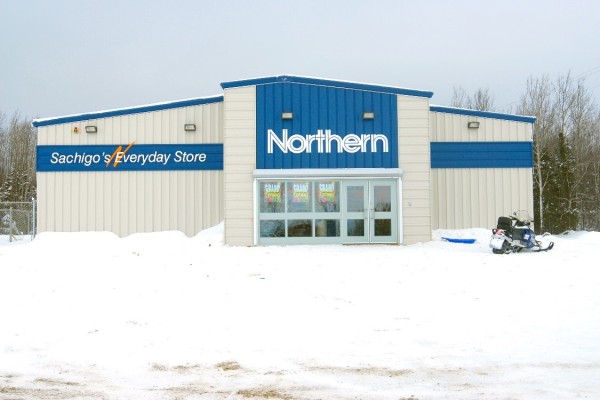-

Why Wab Kinew’s victory is a moment of progressive hope
Wab Kinew’s victory over Heather Stefanson in the recent Manitoba provincial election is a moment of progressive hope in what has become a dispiritingly conservative Canadian political landscape. The win was the result of Kinew’s NDP campaign focusing resolutely on Stefanson’s health care record while leaving very limited lines of attack for the governing PCs.
-

What can the new Manitoba NDP government do?
It has been decades since NDP governments anywhere in Canada have undertaken such a bold approach to governing, and this particular NDP government faces fiscal constraints. Nevertheless, this is the kind of reform program that the incoming Manitoba NDP government should commit to doing. Implementing such an agenda will take vision, determination and courage.
-

Ecuador oil drilling referendum a victory for biodiversity
On August 20, 2023, Ecuador held two major referenda, one regional and one national. As Owen Schalk explains, the results of these votes indicate an overwhelming preference for environmental preservation over the expansion of mineral and oil extraction—as well as the nation’s desire to move away from the right-wing, pro-business policies of Guillermo Lasso.
-

The settler colonial origins of food insecurity in Canada’s North
While many Canadians have felt the pinch of inflation, northern Canada’s grocery prices have always been extreme. The exorbitant cost of food on the North is thought to be a naturally occurring phenomenon blamed on free-market forces, but authors Kristin Burnett and Travis Hay argue that it is the direct result of government policies and corporate monopolies.
-

Violence surrounds Canadian mining projects in Ecuador
Two Canadian mining companies have drawn the ire of activists and Indigenous groups in Ecuador, where the government is using Toronto-based Adventus Mining’s Curipamba copper-gold project in Las Naves and Atico Mining’s La Plata project in Sigchos as test sites to impose a new and controversial process for environmental consultation under Decree 754.
-
_600_400_90_s_c1.jpg)
Indigenous resistance challenges Ontario’s ‘mining boom’
A central focus of the Ford government is exploiting the “Ring of Fire” region in the northern James Bay Lowlands, despite the resistance of Indigenous nations there. These nations assert that the provincial government has failed in its consultation duties, and that its drive to exploit the area’s minerals is endangering the region’s peatlands, which act as crucial carbon sinks.
-

Shenanigans and misogyny at the Assembly of First Nations
The AFN is a political organization that advocates on behalf of First Nations with the federal government. Originating as the National Indian Brotherhood in the late 1960s, it has only ever been led by men. That changed in June 2021 when the chiefs made ‘her’story and elected the first female national chief. It was not the first time a woman had run for the post.
-

Governments are to blame for the Winnipeg landfill blockade
This intensifying conflict can only be resolved by reversing course, calling off the injunction and police, and committing to fully fund the landfill searches as an initial step towards justice for the families of MMIWG2S. Failing to do this will mean that any ensuing impasse falls at the feet of Mayor Gillingham, Premier Stefanson, and Prime Minister Trudeau.
-

AFN’s turfing of RoseAnne Archibald undermines good Indigenous governance
We hope the AFN will reflect on why it struggled so significantly, both within the organization and on the public stage, with its first female national chief. We want a politics informed by our Indigenous histories and traditions, but above all, we want a politics for future generations—which is what Indigenous politics have traditionally focused on.
-

Understanding the RCMP’s role in residential schooling
On May 23, 2023 the Royal Canadian Mounted Police celebrated its 150th anniversary and kicked off a series of #RCMP150 initiatives. To counter the uncritical mythologizing of the Mounties we are seeing—from the prime minister to the RCMP itself—the National RCMP Research Council has created a new website to share truths about the force.



